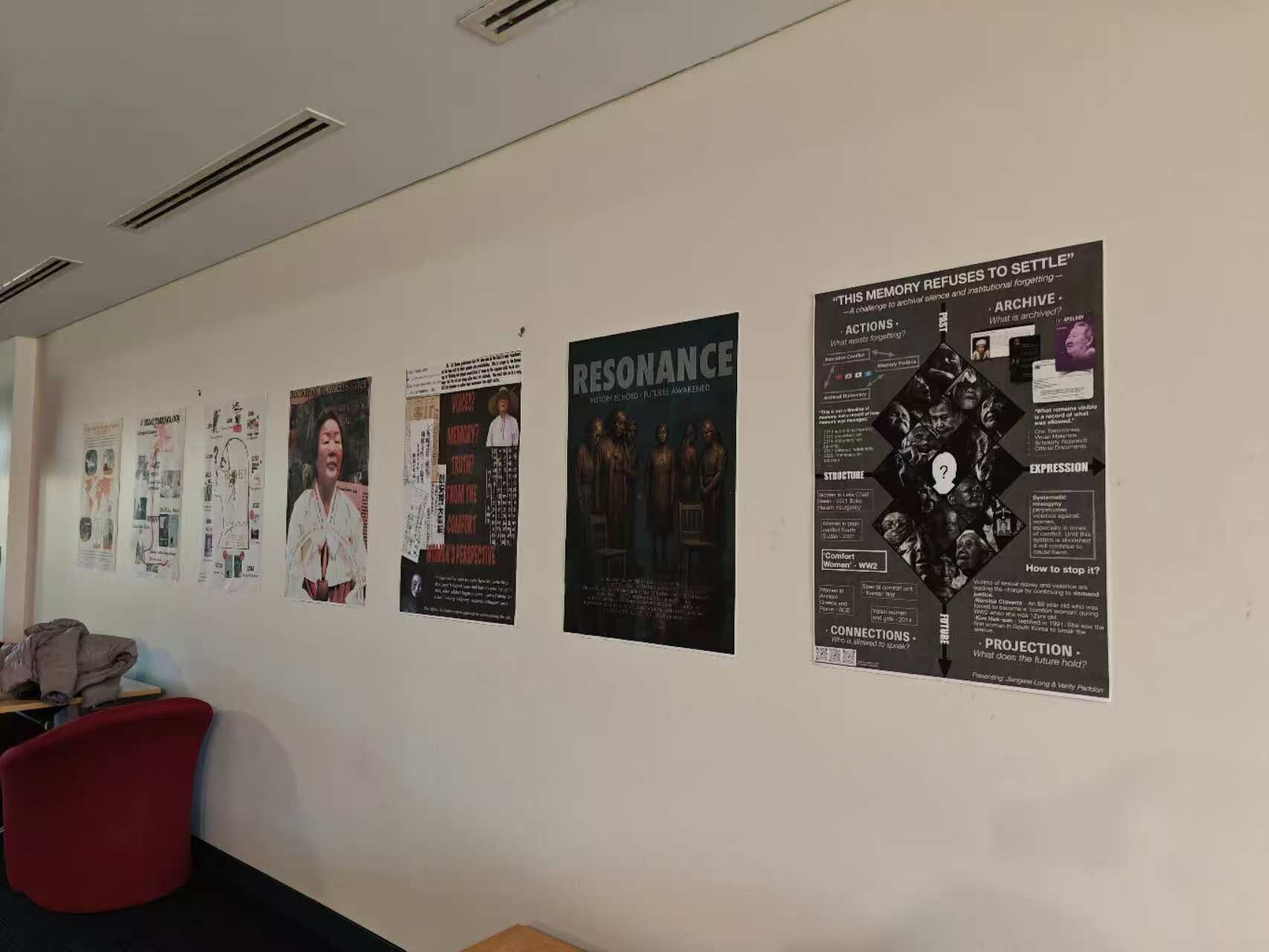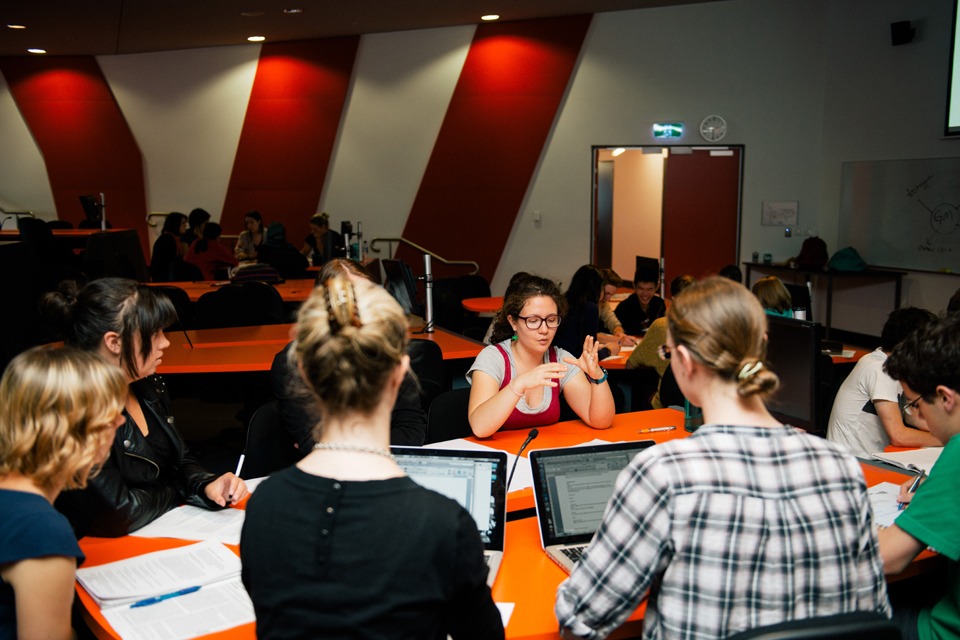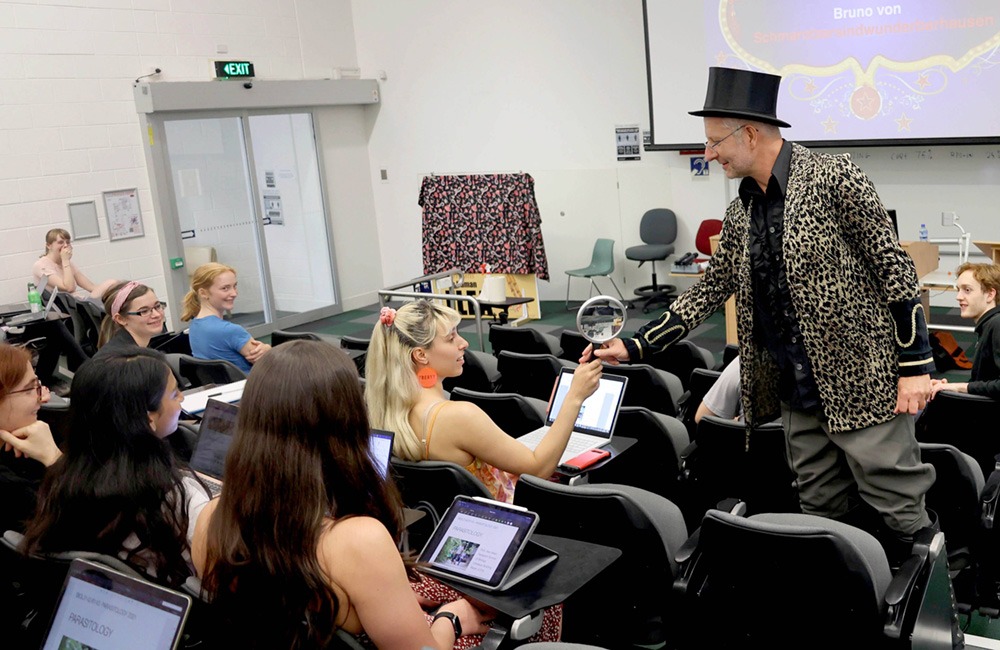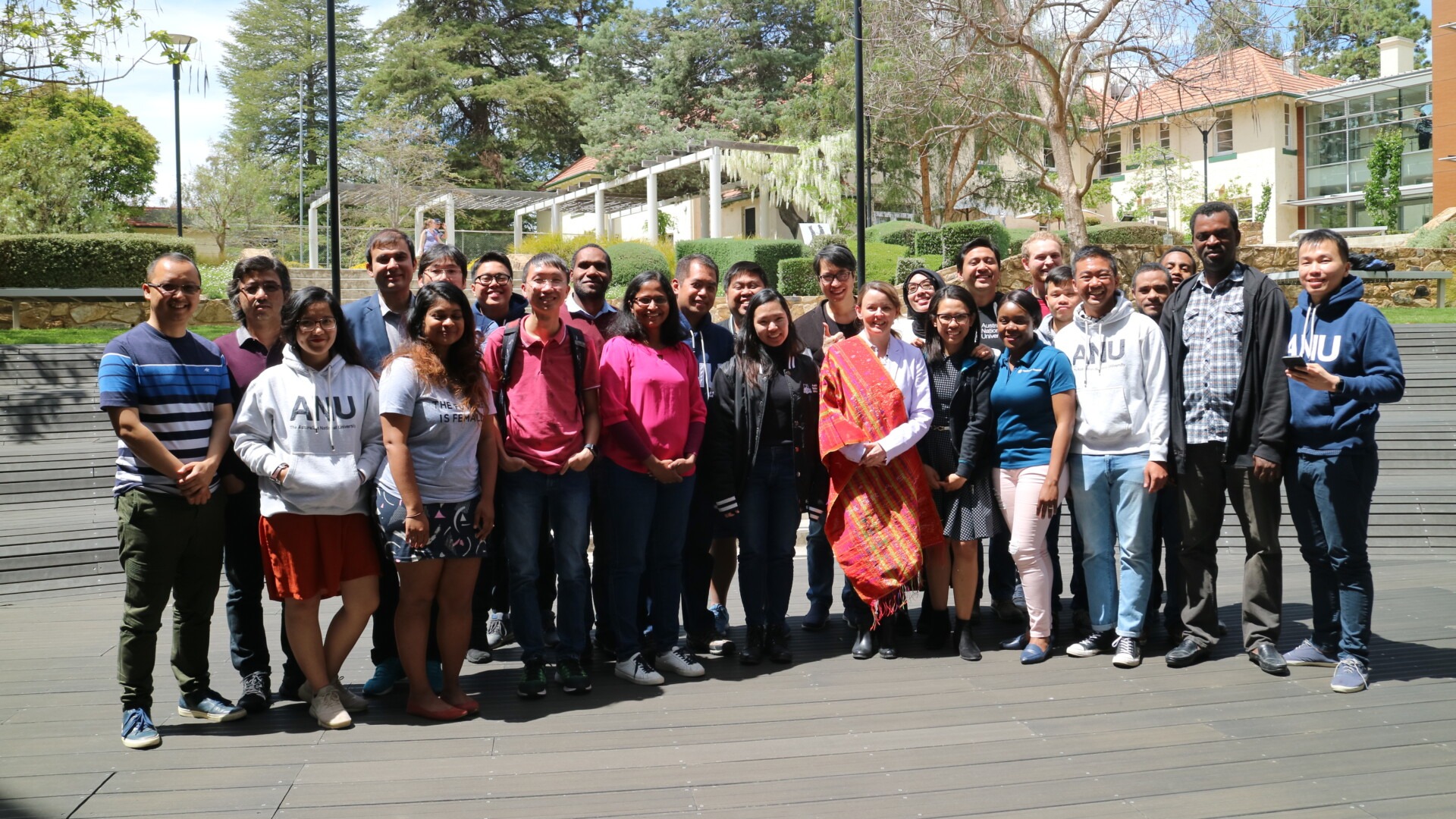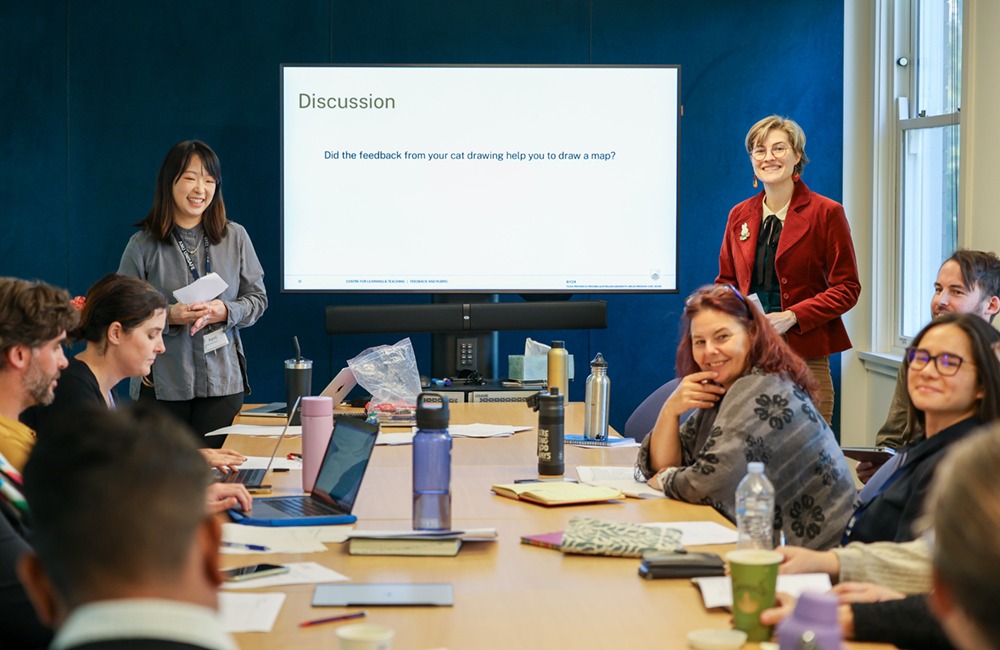Why do it?
There is strong evidence of the benefits of collaborative tasks in education but teachers and students often approach group assessment with trepidation. To provide just one example, in CLT’s August 2021 Lunch Vox, offshore students shared how they had disliked group work prior to the COVID-19 pandemic but how valuable group tasks have turned out to be for providing social connection while learning remotely. And while there are potential pitfalls, strategies can be used to plan and implement group assessment in ways that support positive student learning across all learning models.
Gibbs (2009) offers evidence-based guidance when designing group assessment, and states that “group work has the potential to measurably improve student engagement, performance, marks and retention and usually succeeds in achieving this potential provided that there are associated assessment mechanisms that leverage appropriate student learning behaviour.”
Benefits of collaborative group work for students can include:
- opportunities to share alternate, diverse points of view and learn from other students
- supporting multi-disciplinary learning
- greater scope to contribute to complex projects
- providing a structured experience for students to develop skills applicable to teamwork in professional situations, such as communication, role delegation and project management.
With these benefits in mind, it is not surprising that collaboration skills and multi-disciplinary learning will be a future focus as ANU graduate attributes are developed.

Considerations when designing group assessment
The following questions can guide a teaching team when designing group assessment for success:
- Sharing teaching practice: What can be learnt from the experiences of colleagues who are already doing this?
- Alignment: What is the purpose of the task? Is it linked with the learning outcomes of the course and program? Are group tasks balanced across the program, where relevant and meaningful?
- Student preparation: What is the value and relevance for students? What are the expectations? How do they develop the skills to effectively collaborate and manage group dynamics? Is group work appropriate to the course level, where motivation and experience differ?
- Accessibility: Have equity, diversity and disabilities been considered in designing the task? What is the alternative for students who cannot participate in a group?
- Group organisation: How will groups be selected to include diverse viewpoints? Will students meet online or face to face? Is the task suited to roles being allocated to team members?
- Grading: Will grades be the same across the team? Is an individual component included to increase the efficacy of the group output? Is the task low or high stakes? Can peer assessment be used to provide student input to individual contributions, and discourage social loafing?
- Challenges: How will group conflict be managed if it arises?
- Communication: Are there instructions for students on all aspects of the task? Does this address task requirements, assessment criteria, timelines, group support and technical tools to select topics, plan, collaborate and submit the task?

When these questions are considered and their outcomes communicated explicitly to students, participation in group assessment can be positive and meaningful. The questions posed here, along with ANU case studies will be explored in subsequent Interact posts.
Contact the Education Design Team at the Centre for Teaching and Learning if you would like to discuss group assessment at eddesign@anu.edu.au. You can access online resources on group work at the Teaching at ANU SharePoint.
References:
Bokcenter.harvard.edu. 2021. Group Work.
Gibbs G. (2009). The assessment of group work: lessons from the literature.
Melinda Drummond is a member of the Education Design team at the Centre for Learning and Teaching.
